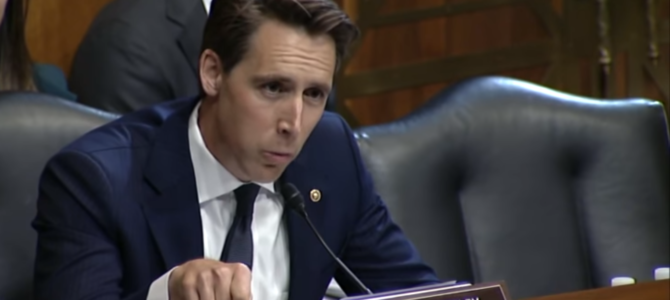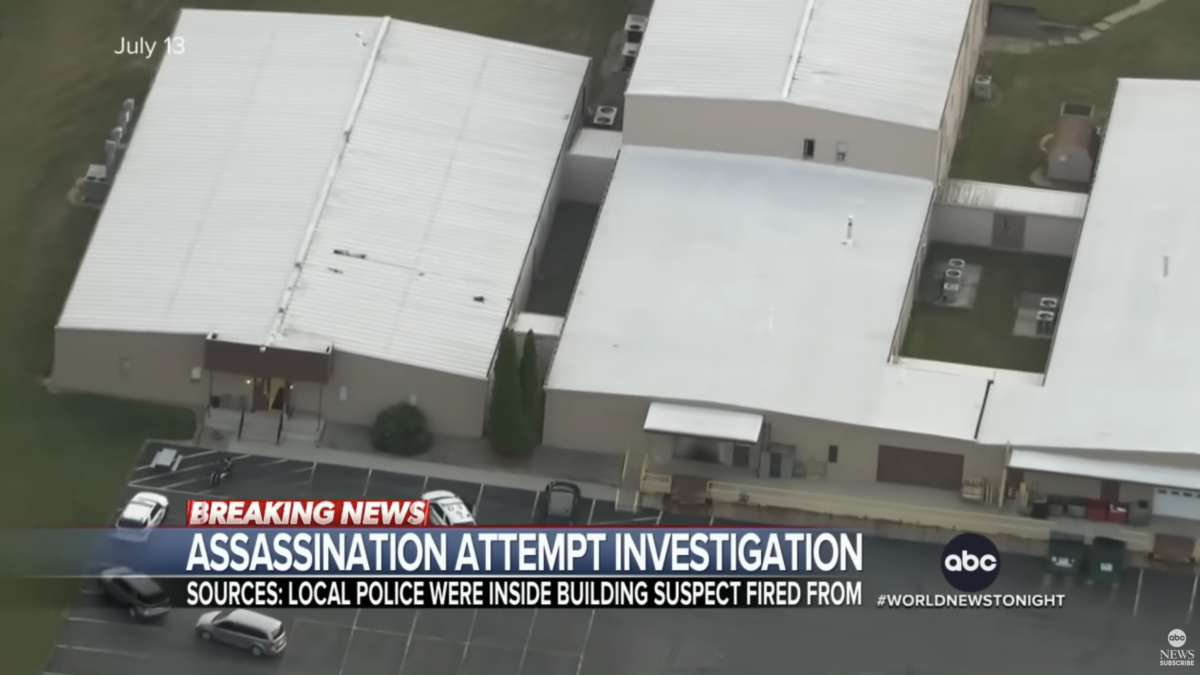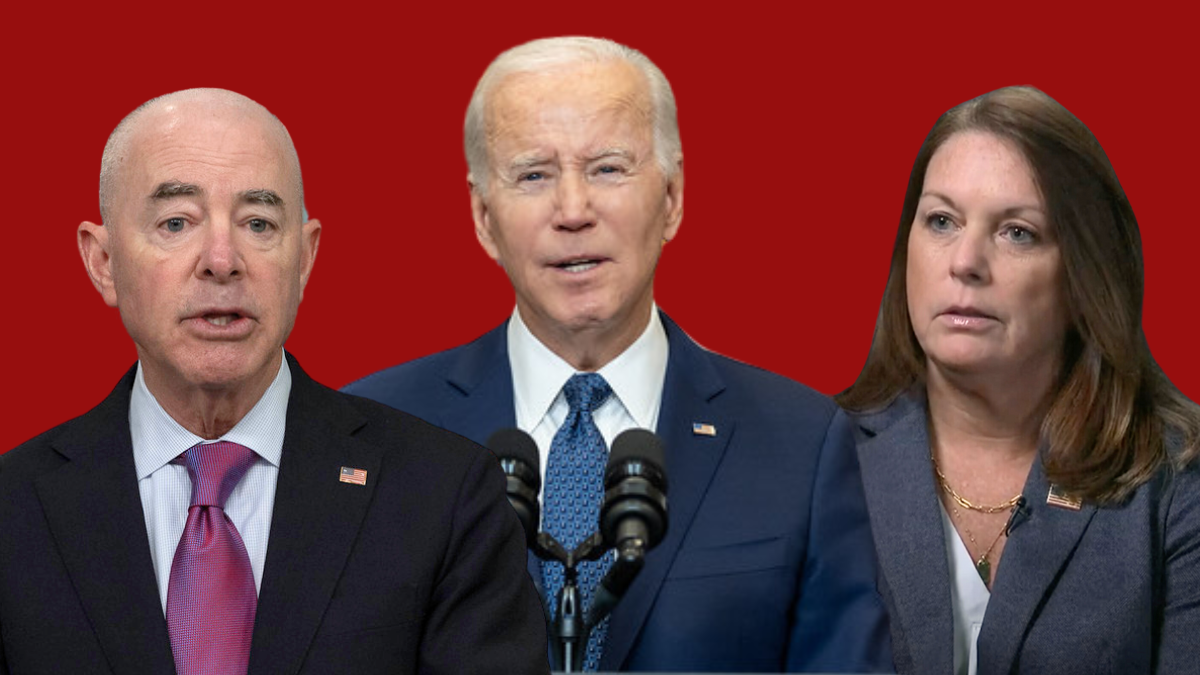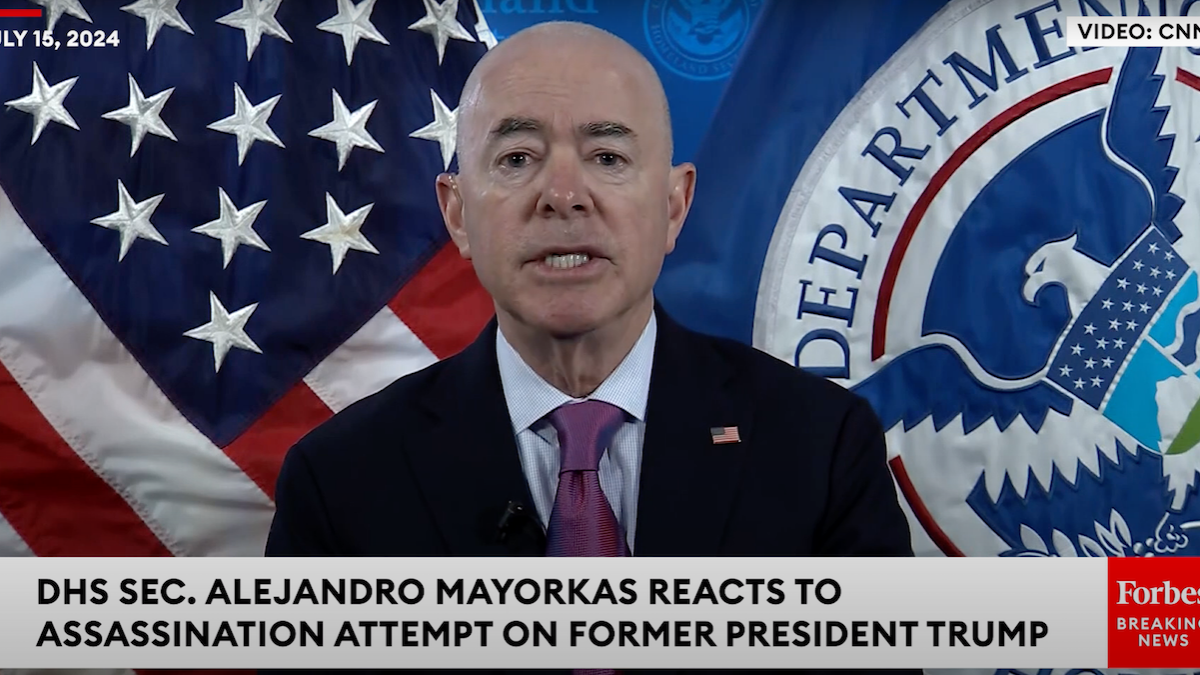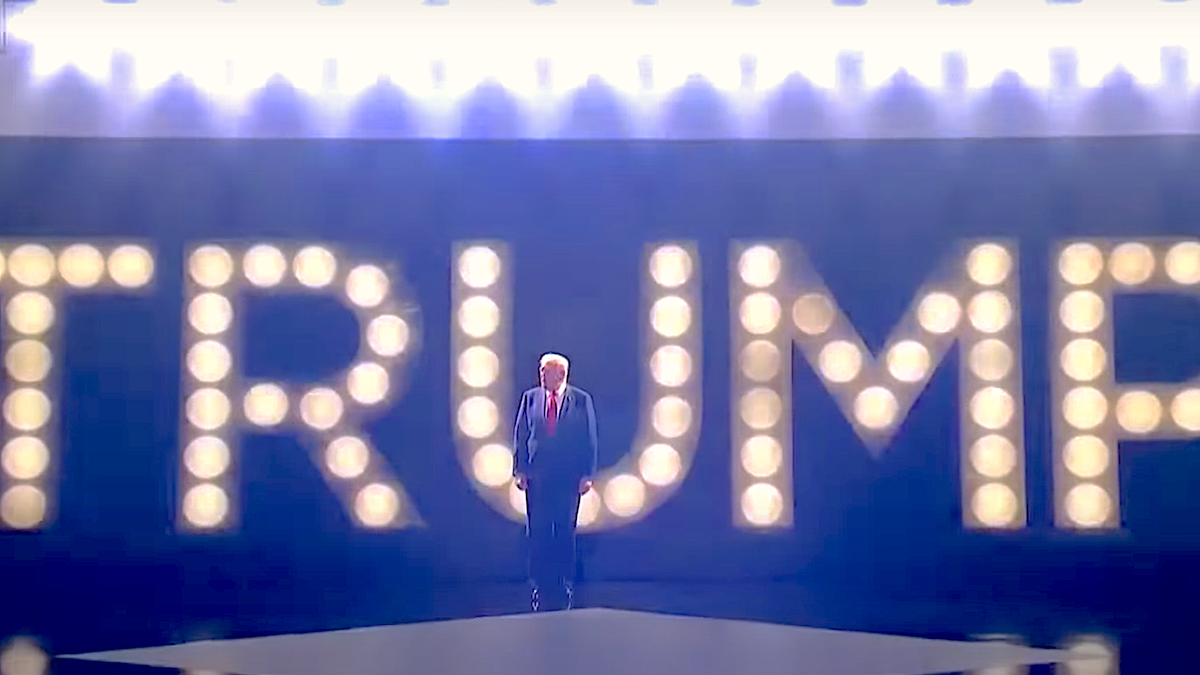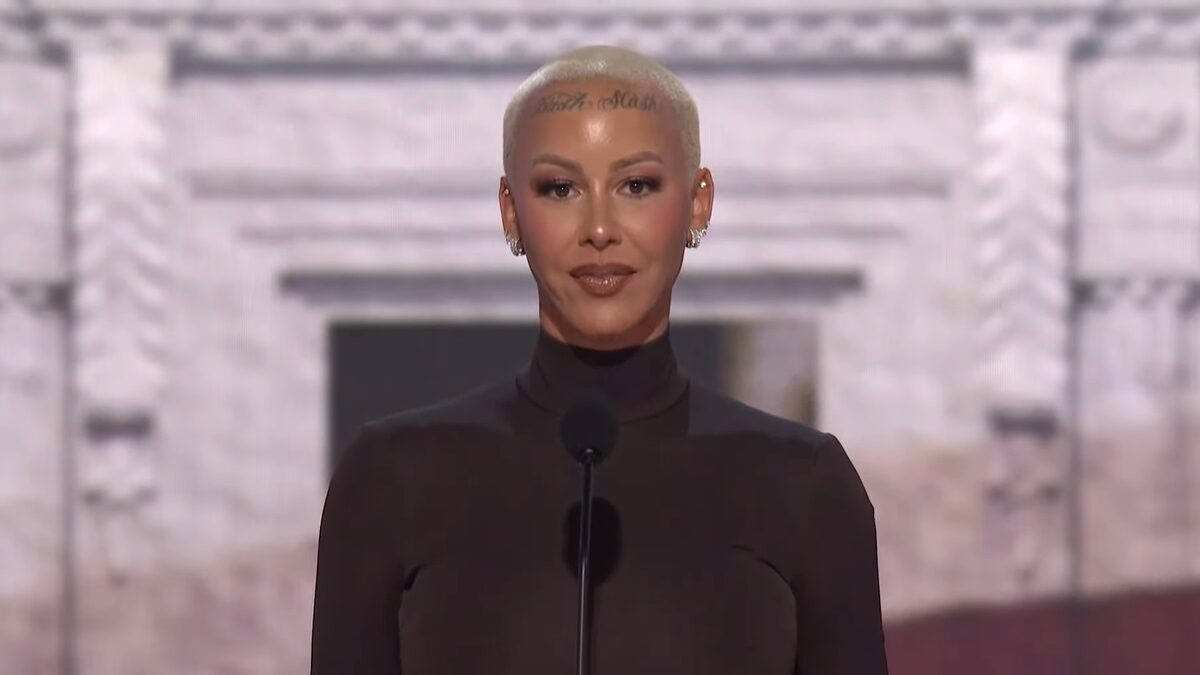When President Donald Trump fired State Department Inspector General Steve Linick at the request of Secretary of State Mike Pompeo in May of 2020, all hell broke loose. Left-wing media and Democrats were outraged that he was removed, even as Pompeo said he should have fired Linick much earlier than he did.
The firing took place after information held by the State Department’s inspector general’s [IG] office somehow found its way into a Daily Beast article headlined, “State IG Set to Recommend Discipline for Trump’s Top Iran Hand.” The article, sourced to “two government sources involved in carrying out the investigation,” was about the State IG’s investigation into Brian Hook, a State Department official who had ended the employment of some individuals perceived to be loyal to the Obama administration and hostile to President Trump’s Iran policy.
Because the leak of the report almost certainly came from Linick’s office, Linick told State Department officials he’d contact his friends at the Council of the Inspectors General on Integrity and Efficiency (CIGIE), whose Integrity Committee watches the IG watchdogs. Instead, he picked the Department of Defense IG to investigate whether any of the 15 State Department IG’s staff with access to the draft report were responsible for the leak.
That IG found, in an “exceedingly cursory” review, that while Linick had emailed sections of the Hook report to his personal email account, in violation of State Department policy, there was no specific evidence that this was related to the leak. Linick told State Under Secretary Brian Bulatao in mid-March that the Defense Department IG said it could find no evidence of any State IG staff being involved in the leak. Bulatao asked for a copy of the report, and Linick said he’d provide it but didn’t. Two months later, Linick was put on administrative leave and told he would be let go. He was told not to speak to IG staff and not to enter the building. However, he communicated with IG staff and entered the building.
Bulatao sent a letter to Michael Horowitz, the Justice Department IG who at that time led CIGIE, and asked him to please conduct a review of what had happened. “[T]here may have been a significant breakdown in the typically rigorous standards of an IG investigation, warranting CIGIE review,” Bulatao pleaded.
Horowitz referred the request to CIGIE’s Integrity Committee. That committee issued a remarkable letter in December of 2020 saying everything Linick had done was reasonable, including failing to provide the leak report to State Department officials, entering the building while on leave, mailing official business to his personal account, and shopping around for his own hand-picked investigator.
Watchdog Watcher Is Failing
The last line of defense in preventing wrongdoing at the highest levels of the federal government is supposed to be the Integrity Committee. Under the leadership of Kevin Winters, however, it has failed to root out serious allegations made against its allies while targeting others with endless harassment and meritless investigations, nearly a dozen individuals familiar with the situation report.
In fact, members of Congress are asking Winters to explain by June 3 why he “failed to investigate serious allegations” against three senior Department of Homeland Security IG employees who were found by an independent analysis conducted by WilmerHale to have engaged in fraud, misconduct, retaliation, and abuse of authority.
The request from Rep. Andy Biggs, R-Ariz., and eight other members of Congress relates to an incident that began in 2019, before Winters was appointed. That’s when DHS IG Joseph Cuffari’s request to the Integrity Committee to look into the three employees was rebuffed. The misconduct was so severe that Cuffari was advised to engage in a formal procurement process to have an outside law firm conduct an independent and unbiased investigation. The WilmerHale firm found that not only were the allegations substantiated, but the then-vice chairwoman of CIGIE had encouraged the employees’ actions. That woman, Allison Lerner, struggled to answer questions about her role during a 2021 line of questioning from Sen. Josh Hawley, R-Mo.
Then-senior DHS officials Jennifer Costello, Karen Ouzts, and Diana Shaw were implicated in the wrongdoing. For instance, Ouzts and Costello were found to have altered federal employment records to give a false appearance that Costello should be acting DHS IG, a position Costello held herself out to fill. This was done after the three women were “hostile, aggressive, and disrespectful” toward acting IG John Kelly, inducing him to retire.
“Perhaps Arya would consider taking care of some business here? The DHS OIG throne isn’t as glam but we do have a night king that just. won’t. die,” Costello emailed Ouzts, a reference to fictional “Game of Thrones” assassin Arya Stark and the trio’s efforts to force Kelly out. The three women allegedly conceived of something they called the “nuclear option,” a plan to release reports critical of Kelly, to get him to retire. The women also reportedly used their official titles and office hours to run a disparagement campaign against Cuffari, whom they began filing complaints against with the Integrity Committee when their campaign to prevent his appointment failed. Ken Klippenstein detailed much of this dysfunction, which he discovered through FOIA requests, at The Intercept.
The WilmerHale report was given to Winters, who has apparently taken no action on it. One of the implicated individuals even went on to serve as an acting inspector general with Linick.
Instead, DHS IG Cuffari has “been endlessly harassed and had his office’s resources drained by a series of baseless inquiries” from the very same Integrity Committee.
Cuffari also began a review of DHS law enforcement’s response to the Jan. 6, 2021, riot at the U.S. Capitol. The IG began getting resistance to its review, and the department was not cooperating with the inquiry. The IG disclosed the trouble it was having in its semiannual reports to Congress in September 2021 and March 2022, according to the Intercept, and also shared the problem with other IGs in October 2021.
When the IG found that the Secret Service had deleted texts at the start of the Biden administration, he informed Rep. Bennie Thompson, D-Miss., the ostensible leader of the J6 committee. Thompson immediately began a campaign of claiming Cuffari had withheld the information, leading to left-wing media calling for his resignation and yet another Integrity Committee inquiry.
The Rogue Integrity Committee
CIGIE is no longer officially run by Horowitz, who helmed the group from 2015 through 2020, but he still plays a major role. Horowitz has been the DOJ IG since President Barack Obama nominated him in 2011. DOJ has been embroiled in major controversies since that time, including its leading role in the shocking Russia-collusion hoax, in which senior DOJ officials spread false information alleging President Donald Trump had stolen the 2016 election by colluding with Russia.
In a sea of leaks, corruption, and abuse of authority, Horowitz has done virtually nothing to clean the ship. His own shop is full of partisan activists and leakers who target Republican political appointees. Horowitz himself has encouraged questionable partisan activity, such as having IGs go to the White House to help Biden give an appearance of fiscal responsibility with some of the legislation he campaigns on.
Horowitz has helped CIGIE amass power and funding. He set up a referring panel to control who gets considered to be an inspector general and has come up with ways to increase funding at CIGIE. Horowitz hand-picked Winters for the Integrity Committee. When Winters became chair of the committee, Horowitz reportedly set up a memorandum of understanding with him to review incoming allegations and help decide which would get investigated and by whom. After a few months of outcry, Horowitz reportedly ceased triaging the incoming allegations.
By statute, the Integrity Committee chair is supposed to serve for a term of two years. However, Winters has served in that capacity since June of 2020.
“If they like you, you can do no wrong. If they hate you, you can only do wrong,” said a senior IG member at one federal agency who has observed the disparity.
The inspector general community is supposed to root out waste, fraud, and corruption in the federal government. When its own watchdog is unaccountable, helping out its friends and targeting others with harassment campaigns, the work is made more difficult.


